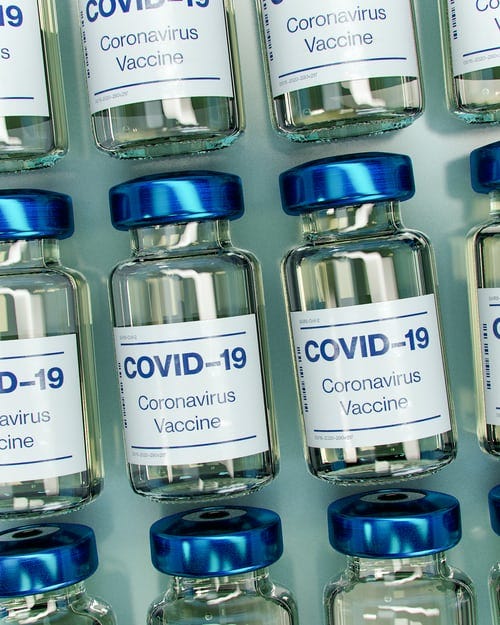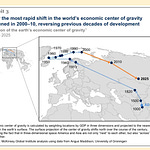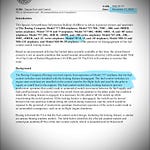disclaimer: i’m not antivaxx, but just want proper scientific validation of the effectiveness and lack of bad side-effects
india approved the oxford astra zeneca vaccine, covishield, today 3 jan on an emergency basis. cold chain friendly and non-mRNA, adenovirus. the actual vaccine used in their trials was not produced by serum institute, but from some european labs. said India’s comptroller general of drugs, according to the ToI https://timesofindia.indiatimes.com/india/india-approves-oxfords-bharat-biotechs-covid-19-vaccines-for-restricted-emergency-use/articleshow/80081573.cms:
bharat biotech covaxin may be better: traditional dead-virus vaccine. it has also been approved on an emergency basis. it is undergoing phase 3 trials right now.
some concerns about issues between oxford university and astra zeneca, according to WSJ https://www.wsj.com/articles/astrazeneca-and-oxfords-bumpy-partnership-hangs-over-covid-vaccines-future-11609336498 (alas, firewalled)
lancet paper at https://www.thelancet.com/journals/lancet/article/PIIS0140-6736(20)32661-1/fulltext has the data on astra zeneca’s vaccine
several questions come up. first on the trials themselves
four trials in the UK, Brazil, South Africa are described here. kenya trial mentioned in passing. what about the india trials done by serum institute of india, in which there were accusations and counter-accusations of side-effects? why isn’t this mentioned at all?
they talk about pooled data of 20,000 patients, but in the data appendices, the total number of patients in the trials is only 11,636. does it mean that only 11,636 got the vaccine? or is it that placebo+vaccine = 11,636?
if these trials are not complete, why is their interim data being put out?
efficacy. not well defined. all the trial is testing for is if the person is seriously ill and has to be hospitalized, but it’s not really testing for:
whether the person is NOT infected with the virus at all
whether the person is an asymptomatic carrier
whether the person is infected and is exhibiting mild symptoms
the serious confusion about 1/2 dose + full dose vs full dose + full dose. was this an accidental experimental error? the former got 90% efficacy, the latter 62% efficacy, and how can you lump the two and get a result of 70%? also, WSJ says:
the trial RCT design
two of the trials are single blind
one of the trials is double blind. why this discrepancy?
can you extrapolate from one to the other?
trial participants, total 11,636, of which
9625, ie 83% are white
517, ie 4.4% are Asian (and what is the definition of ‘Asian’?)
479, ie 4.1% are black
is that diverse enough?
7045, ie 61% are female
77.8% are healthcare and social services workers (not very diverse!)
974, ie 8.4% are 56-69 years in age
444, ie 3.8% are over 70 years in age
is that diverse enough? here are the co-morbidities:
1241, ie 10.7% had cardio co-morbidity
1360, ie. 11.7% had respiratory problems
270, ie 3.9% were diabetic
side-effects: there were 175 adverse effects, with at least three as possibly related to the vaccine. there were as many adverse effects (91) among the control group as there with the vaccinated group (84), so that suggests vaccine isn’t doing visible harm
summary findings: what about the p-values: one missing, the other is 0.01, ie 1% probability there is no correlation
1×
0:00
Current time: 0:00 / Total time: -20:26
-20:26
Episode 11: Lancet paper on Covishield: Lots of unanswered questions on the trials and data.
Jan 03, 2021
Shadow Warrior by Rajeev Srinivasan
An Indian/Hindu nationalist perspective on world affairs; as well as on technology and innovation; conversations with experts and with people just like you and me.
An Indian/Hindu nationalist perspective on world affairs; as well as on technology and innovation; conversations with experts and with people just like you and me.Listen on
Substack App
Spotify
RSS Feed
Recent Episodes




















Share this post